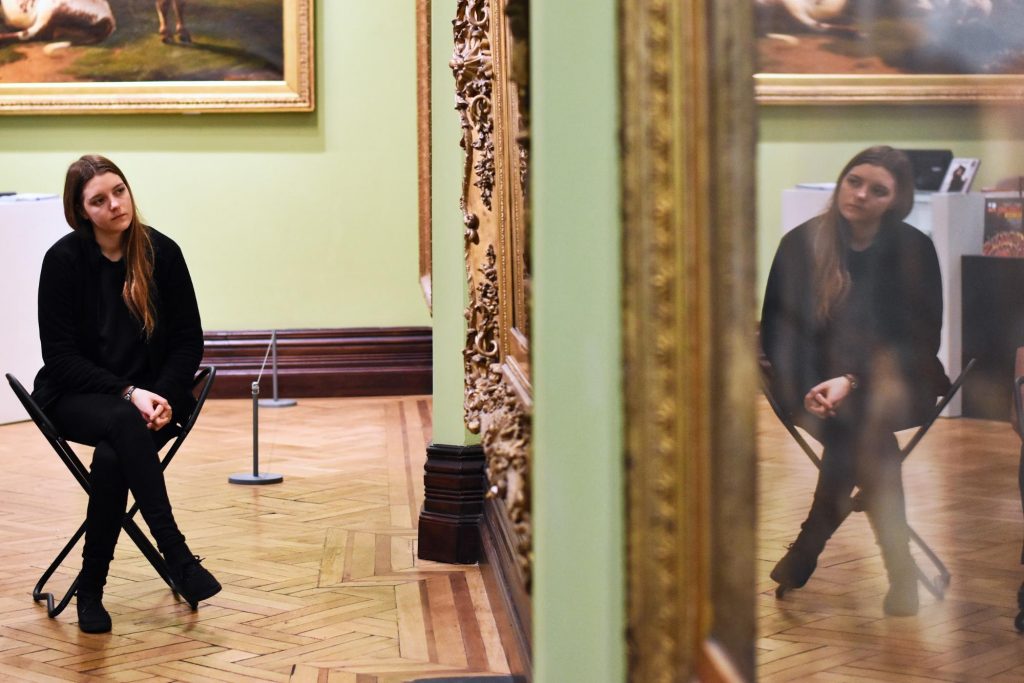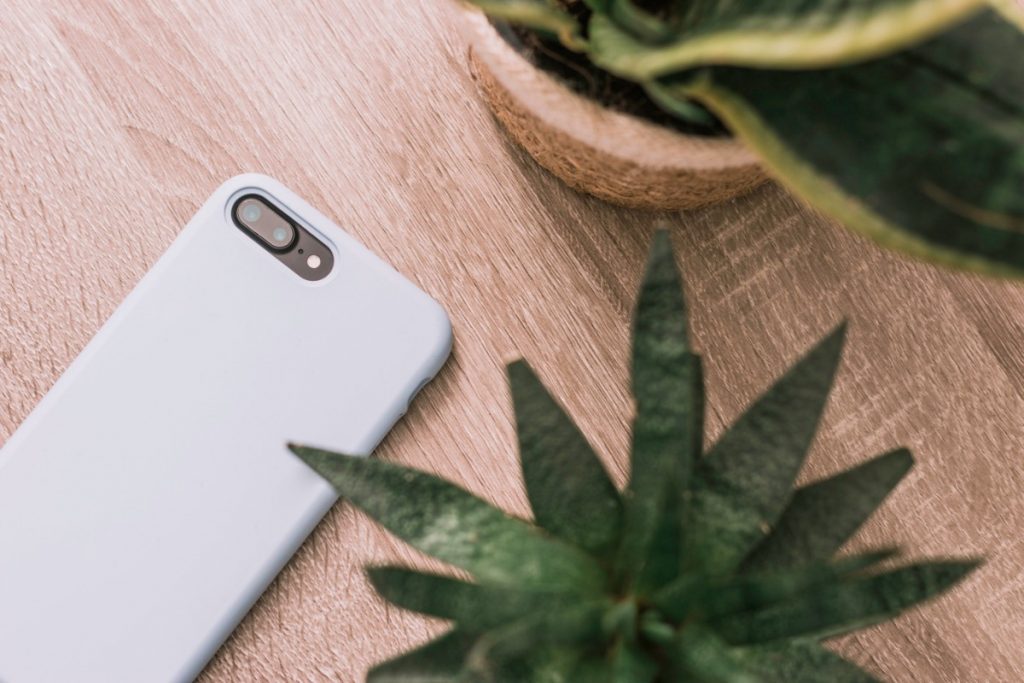Be Connected
1. Connect with your Community
It can feel hard to connect with your community when you can’t leave the house. However, there are still ways to link up with people in your area! Canterbury Social Connections is a free online community with links to virtual book clubs, online quiz nights and film screenings.

2. Connect with others
Not having contact with the people you talk to can be difficult. If you are struggling with loneliness or just need someone to talk to then National mental health organization MIND have launched Elefriends – an online confidential discussion group for people who want an online space to chat, share their concerns and support each other, all overseen by specially trained staff from MIND.

3. Connect with yourself
Meditation can be a powerful tool in connecting with yourself. You don’t need any special equipment, or hours a day to practice. You can start by asking yourself a simple question: “How do I feel right now?”. Take a mental note of how you are feeling. You might find it useful to write down how you feel. Over time, you may notice patterns emerging – times of day or activities when you notice that you feel a certain way. This simple activity can be a great first step into connecting with yourself.

4. Allow yourself to disconnect
As important as it is to stay connected with others, it is also just as important to allow yourself time to disconnect. This can be as simple as putting your phone on silent, or turning off notifications. It can be useful to limit the number of times you check the news a day or use an app to limit screen time on your phone. Use this time to focus on non-screen based activities instead, for example, exercise, reading a book or calling a friend can all be great ways to disconnect and feel refreshed.


